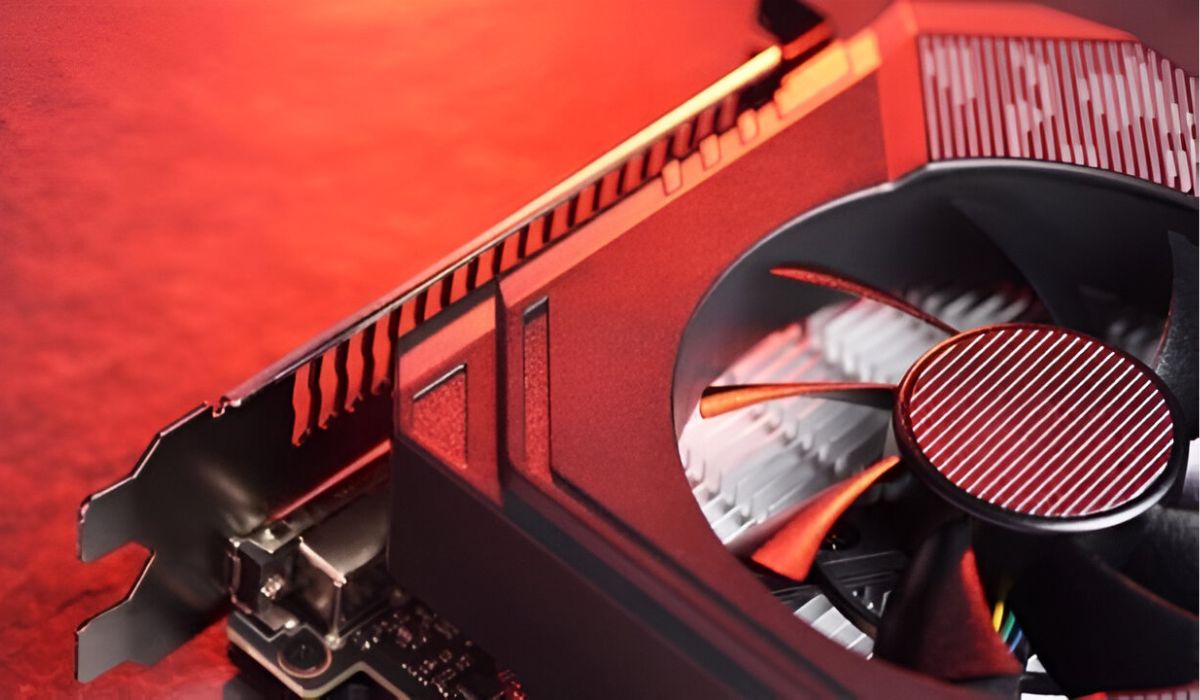Introduction
A CPU cooler plays a crucial role in keeping your computers processor within safe operating temperatures.
Over time, however, the efficiency and performance of a CPU cooler may start to decline.
This raises an important question: how long does a CPU cooler last?

Understanding these factors will allow you to take appropriate measures to maximize the longevity of your cooling system.
Due to their simple and robust design, air coolers are known for their longevity.
The lifespan of an air cooler can vary depending on the build quality and usage patterns.
A well-maintained air cooler can last anywhere from 5 to 10 years or even longer.
The lifespan of a liquid cooler can vary depending on several factors.
The pump is often the component with the shortest lifespan, typically ranging from 3 to 5 years.
However, higher-end liquid coolers can have a longer lifespan.
Its worth noting that the fans and radiator also need regular maintenance to ensure optimal performance.
One of the primary advantages of air coolers is their longevity.
A well-maintained air cooler can last anywhere from 5 to 10 years, or even longer in some cases.
A high-quality air cooler made with durable materials is likely to have a longer lifespan.
Investing in a reputable brand known for its reliability and performance is recommended for maximizing longevity.
Proper usage patterns can also contribute to extending the lifespan of an air cooler.
It is essential to monitor temperatures and ensure adequate cooling to prevent overheating.
Maintenance is crucial for optimizing the lifespan of an air cooler.
Regular cleaning is necessary to remove dust and debris that can accumulate on the heatsink and fan.
Dust buildup can obstruct airflow, reducing the cooling efficiency of the cooler.
Another factor to consider is overclocking.
Overclocking involves increasing the clock speed of the CPU beyond its default options to achieve better performance.
In summary, air coolers are reliable and tend to have a longer lifespan compared to liquid coolers.
The pump is often the component with the shortest lifespan and may need replacement within 3 to 5 years.
However, higher-end liquid coolers with more robust pumps can have a longer lifespan.
Regular maintenance is crucial for maintaining the performance and longevity of a liquid cooler.
The radiator and fans also require periodic cleaning to remove dust buildup that can hinder airflow and cooling efficiency.
Its important to handle liquid coolers with care, especially during transportation.
Any mishandling or rough handling can damage the fragile components, leading to leaks or pump failure.
In summary, liquid coolers provide superior cooling performance but generally have a shorter lifespan compared to air coolers.
First, check that the CPU cooler is properly installed and that all connections are secure.
Ensure that the fan is spinning correctly and that the heatsink is clean and free from dust or debris.
Upgrading vs.
Lets examine the factors to consider when making this choice.
Performance:Consider whether your current CPU cooler is providing adequate cooling for your processor.
However, if your current cooler is still performing well, a replacement may not be immediately needed.
Compatible Upgrades:Assess whether your computers case and motherboard can accommodate an upgrade.
Some high-performance coolers, especially larger liquid coolers, require sufficient space and specific socket compatibility.
Ensure that your system supports the upgraded cooler before making a decision.
Budget:Consider your budget when deciding whether to upgrade or replace.
Upgrading to a higher-end cooler typically comes with a higher price.
Assess whether the potential performance gains and extended lifespan justify the cost of the upgrade.
This can help provide sufficient cooling for future upgrades, prolonging the lifespan and versatility of your cooling solution.
Maintenance and Longevity:Consider the maintenance requirements and expected lifespan of the cooler you choose.
Liquid coolers often require more upkeep, such as periodic refilling of coolant or checking pump functionality.
Air coolers, on the other hand, typically require less maintenance.
Assess which key in of cooler aligns with your maintenance preferences and aligns with the desired lifespan.
Air coolers are known for their longevity, lasting around 5 to 10 years with proper maintenance.